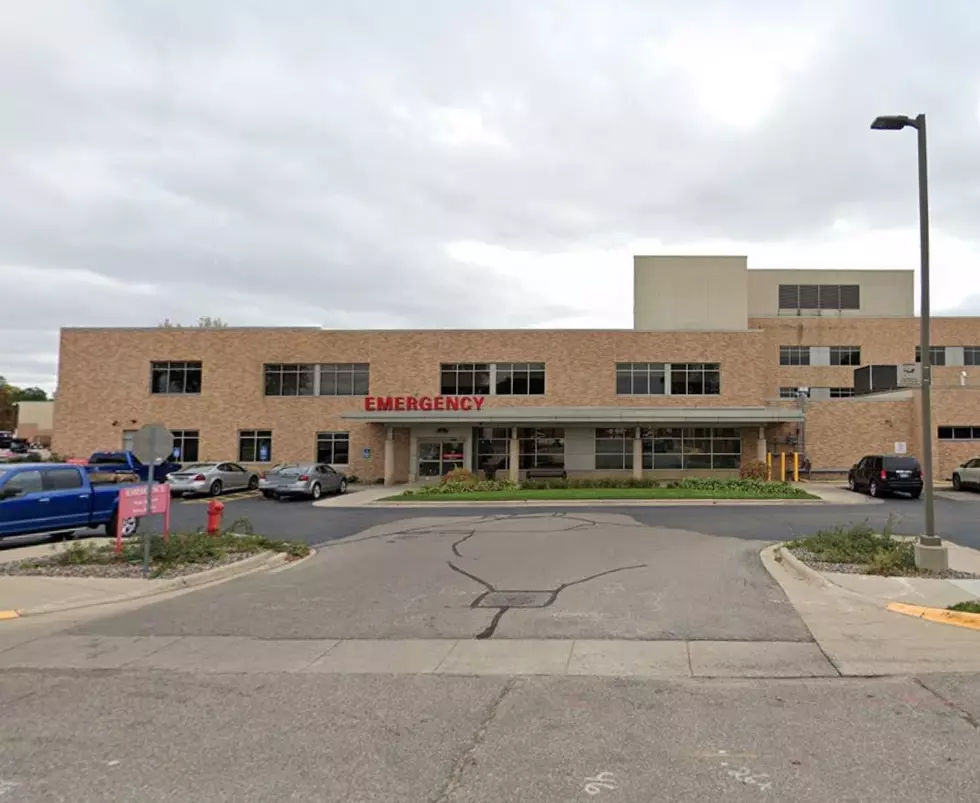
More Superbug Cases Reported
LOS ANGELES (AP) — Four patients at Cedars-Sinai Medical Center have been infected with an antibiotic-resistant "superbug" linked to a type of medical scope that's used on more than a half-million people in the U.S. every year, the hospital said Wednesday.
The revelation comes two weeks after a similar outbreak at Ronald Reagan UCLA Medical Center where seven patients were sickened with the superbug known as CRE after undergoing endoscopic procedures. Two died.
Cedars said in a statement that it halted such procedures after learning about the UCLA outbreak and launched its own investigation. The hospital said the germ may have been transmitted through a duodenoscope made by Olympus Corp. during procedures performed between last August and January.
One patient died, but Cedars said the cause was an underlying medical condition.
The hospital said there's no evidence other patients are at risk. But as a precaution, it's sending free home test kits to 64 patients who had procedures to diagnose pancreatic and bile-duct problems.
Hospitals across the country in recent years have reported cases of CRE, or carbapenem-resistant Enterobacteriaceae, with some linked to hard-to-clean medical scopes made by Olympus and other companies. The bacteria can cause infections of the bladder or lungs and can contribute to death in up to half of seriously infected patients.
Cedars and UCLA said infections occurred despite cleaning the devices to the manufacturer's standards. The hospitals have since implemented more stringent disinfection procedures.
The U.S. Food and Drug Administration has acknowledged that the scopes' design can make it hard to clean. Between January 2013 and December 2014, the agency received 75 reports involving 135 patients in the U.S. who may have been infected by tainted scopes.
More From KROC-AM









